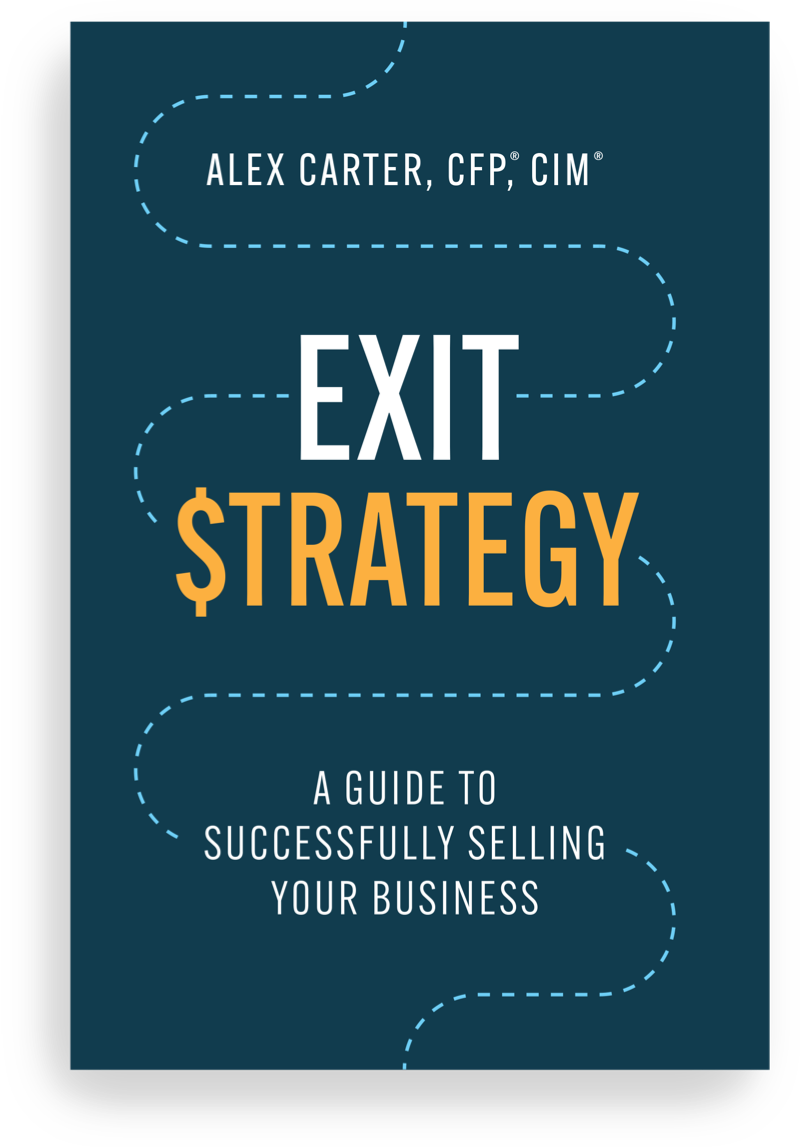Do Commodity Investments Belong in Your Portfolio?
Natural resources (often just called commodities), are in a sense the building blocks of modern economies. Consider most of the cars on the road: they’re made of steel, run on gasoline, and were probably made in a plant that had copper wiring.
But however central commodities are to our way of life, they haven’t historically been an asset class that most investors could directly access. Until, that is, the previous decade.
In the early to mid 2000s, an array of financial products appeared allowing people to speculate on the price of a whole host of commodities. Whether it was for agricultural resources such as wheat, or base and precious metals such as copper and gold, Wall Street created exchange traded funds (ETFs) that allowed pretty much anyone with a brokerage account to join in the game.
To this day, commodity ETFs remain incredibly prevalent: in the U.S. alone, it appears as if there’s well over 100 listed funds that investors can buy.
So, should the average investor venture into these sorts of offerings? In a word, no.
Here’s why.
Commodities are Prone to Booms and Busts
Twice in the last 15 years, prices for natural resources have gone sky high amid investor euphoria, and then proceeded to crash. The first run-up, into the middle of 2008, saw crude oil touch US$147 per barrel. Less than a year later, in the worst of the financial crisis, oil traded near $30. From there, commodities started a second major ascent, an episode that also ended with a crash. Both bubbles left investors nursing serious losses.
Investors Have Received Unpleasant Surprises
It should be simple, right? You buy an ETF tied to the price of oil, and if oil goes up, say, 10%, your ETF should go up by the same amount. Alas, it’s not so straightforward. With the exception of precious metal exchange traded funds, where bars of gold, silver or platinum usually back the product, most commodity ETFs don’t own the actual resource. What they own, instead, are futures contracts on the resource.
This presents a potential problem for investors. Because without getting into all the technical details, owning futures contracts can come with what amounts to a positive or negative yield. The latter situation arises when the price of buying a commodity for future delivery is higher than it is to buy it today. In this kind of scenario, a futures investor can lose money, even if the commodity they’re betting on doesn’t fall.
Most People Already Have Exposure to Resources
There’s yet another reason why individuals shouldn’t start dabbling in commodity investments: chances are, their portfolio is already exposed to companies that are involved in the resources sector. This is especially true for Canadian investors, given that energy and materials stocks comprise just over 27% of the TSX. If resource prices go up, these equities should benefit, but there’s no need to put too many eggs in the same basket by owning commodity ETFs at the same time.
Long story short? For the vast majority of individuals, it’s probably best to take a pass on direct investments in commodity markets.



